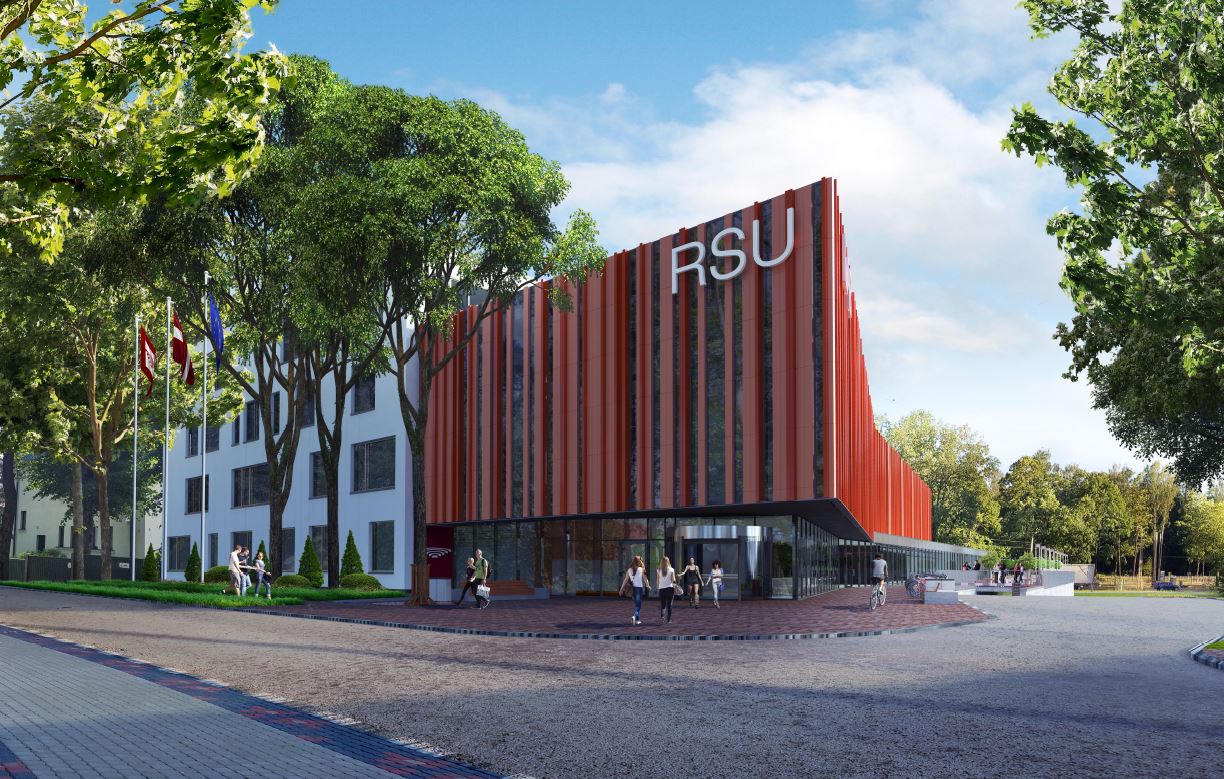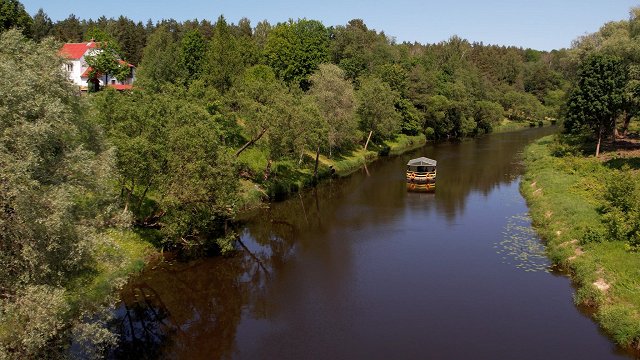The aim of the project is to develop a precise genetic analysis tool to diagnose severe diseases. The idea is to develop a molecular signature test over the next five years that would enable doctors to quickly determine whether a patient’s increased temperature is caused by an infection and whether the infection is caused by a virus or bacteria. Doctors having access to such a tool would drastically improve the speed at which illnesses are diagnosed and treatment options developed in cases of sepsis, meningitis, and other potentially life-threatening diseases, a release from RSU said.
The current road to a diagnosis for patients admitted to the hospital with a fever can be long and winding – doctors do several blood analyses or might even take cerebrospinal fluid samples, or order MRI and CT scans. Often doctors prescribe antibiotic therapies based on a suspected bacterial infection. Such therapies are, however, ineffective if the infection is caused by a virus. If developing this new diagnostic testing tool is successful, it would be possible to save days or even weeks, as well as considerable financial means, in determining a precise diagnosis.
‘’The ability to diagnose pneumonia, tuberculosis, sepsis, meningitis and other diseases accompanied by a fever quickly would be an important development in the field of healthcare. Future medical diagnostics will possibly be extremely personalized and based on molecular signatures. Today, our goals sound more like science fiction, however once upon a time the C-Reactive Protein test, which is now a routine test enabling quick diagnosis of acute inflammation, was also greeted with the same skepticism,’’ said Dace Zavadska, who is the project’s supervisor in Latvia, a head researcher at RSU and an Associate Professor of the RSU Department of Pediatrics.
RSU is working on the Diamonds project in collaboration with the Children’s Clinical University Hospital and Pauls Stradiņš Clinical University Hospital. This project is the next step following the PERFORM project which began in 2016 and is to be concluded next year. During this project, scientists discovered a way to decrease the unnecessary use of antibiotics in the treatment of children suffering from possibly life-threatening diseases caused by bacteria and viruses.
Both of these projects are based on decades-long genetic pattern research aimed towards understanding which genes turn on and off, creating a specific molecular signature as a response to specific diseases. In previous studies, the application of molecular signature tests identified bacterial infections with a precision rate of 95–100%.
In this project 28 partnering organizations from the UK, Australia, Austria, France, Gambia, Greece, Italy, Latvia, Nepal, the Netherlands, Slovenia, Spain, Switzerland, Taiwan, and Germany are led by a team of scientists from Imperial College London. The international group of researchers will develop a genetic signature repository that will include a collection of the most common infection and immune disease molecular signatures made available to healthcare professionals. By comparing them with a patient’s blood sample it will be possible to make a diagnosis rapidly.
The researchers believe that this method will be used in hospitals around Europe within five years. Latvia will be one of the seven countries where the new diagnostic tool will be tested in 2023–2024.
Meanwhile Almost 200 healthcare students from Rīga Stradiņš University (RSU) have responded to a call for volunteers and have expressed their readiness to engage in activities to limit the spread of COVID-19 in Latvia. Among them are 171 international students.
20 RSU students are currently actively participating in events organised by the state emergency medical services that are aimed at supporting the emergency services during this time. It is a common practice for medical students to volunteer in emergencies. It gives students additional opportunities to acquire practical skills.
Many RSU lecturers are also practising doctors and have been actively engaged in various events concerning the current global health crisis. RSU supports social responsibility for the benefit of social safety and health.
Any student interested in volunteering is welcome to apply via e-mail: [email protected]





























